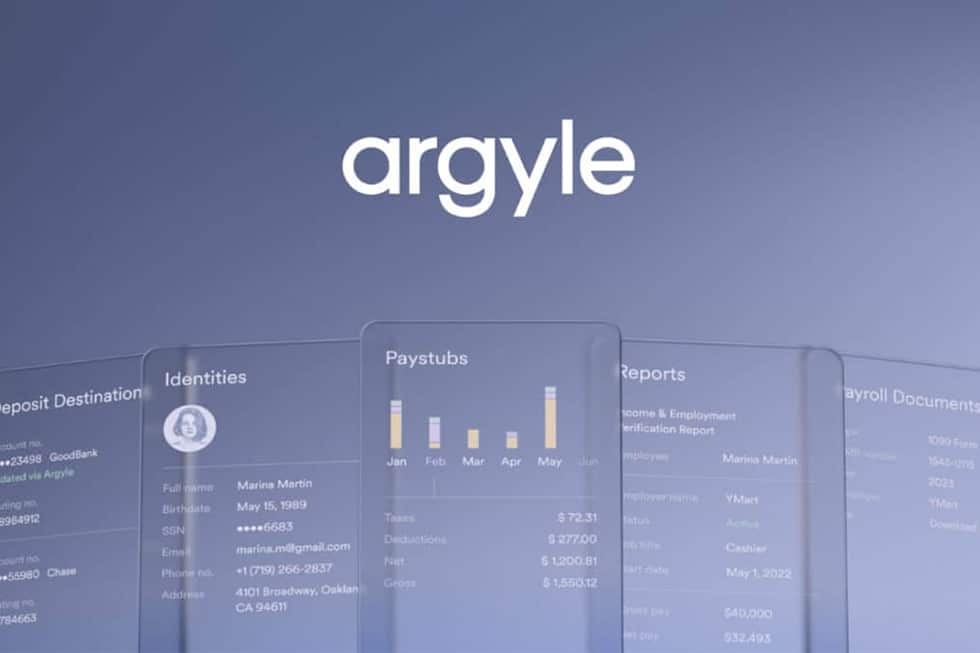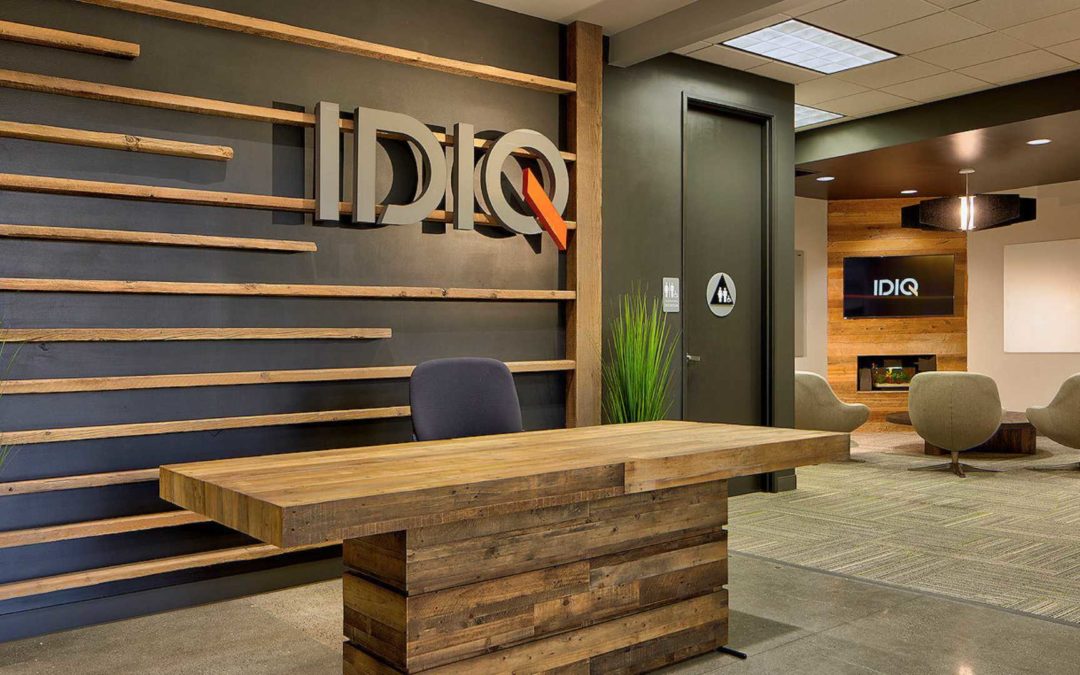It’s the classic plot to everybody’s favorite sci-fi movie – humans creating robots so advanced that they exceed our intelligence expectations and take over the world. In the past several years, the world has seen significant strides in artificial intelligence (AI) and robotics such as gaming champ AlphaGo becoming the first computer program to beat a human professional player at the board game Go, videos of gymnastic machines from Boston Dynamics jogging and jumping and tumbling, and Flippy – the world’s first AI-powered robotic assistant designed to boost the performance of restaurant kitchens.
But one question still remains – will AI become so advanced that it will replace the need for human labor in the tech industry?
A Closer Look
A recent study developed by the San Diego Cyber Center of Excellence (CCOE) in partnership with the San Diego Economic Development Corp and Booz Allen Hamilton examined this shift in human resources specifically as it pertained to the region’s cybersecurity cluster and created a model for other regions in the U.S. to follow. It found that the addition of AI has supercharged the industry – contributing $3.5 billion to regional GDP each year. To put this into perspective, the economic contribution is equivalent to nine Super Bowls or 23 Comic-Cons.
How is this so?
As the Demand for Cyber professionals continues to outweigh the supply of qualified job candidates, AI has allowed employees to become more efficient. The study states that “by incorporating AI, companies have taken repetitive and time-consuming tasks off workers’ plates, thereby allowing them to focus on items that require human expert judgment, experience less worker burnout, and do more with their time than they otherwise would have.”
Shifting Resources and Staying Ahead
The fact of the matter is that deploying AI solutions will simply shift the ways in which humans are utilized in the job market rather than replace jobs in this sector that are already scrambling to find qualified talent. The aforementioned study surveyed businesses in the region engaging in cybersecurity practices and more than 40 percent indicated that AI has boosted the demand for workers, and three in five say that they will need to hire additional specialists in the next year.
This ultimately opens non-traditional doors for job seekers interested in making a major career shift. Of the 22,273 degree program completions in 2019, only 64 were from Cyber-specific programs and 917 were from Cyber-adjacent programs. No degrees were conferred to students that year studying AI.
In order to stay ahead of the AI curve and secure the future of technology jobs in this sector, industry representatives and academic institutions are pressured to find ways to engage more students to complete coursework directly related to Cyber and AI. Additionally, the pressure is felt by companies to increase training opportunities, open recruiting efforts to target those with non-traditional backgrounds and actively reach out to historically underrepresented and underserved candidates. The time for investing in talent is now and if that talent is not coming from traditional institutions, the industry will have to become as resourceful and creative in their quest to fill AI roles as it is with developing flipping, game playing, burger frying robots.





